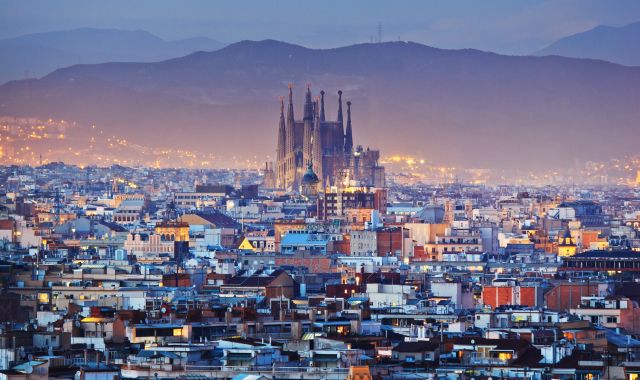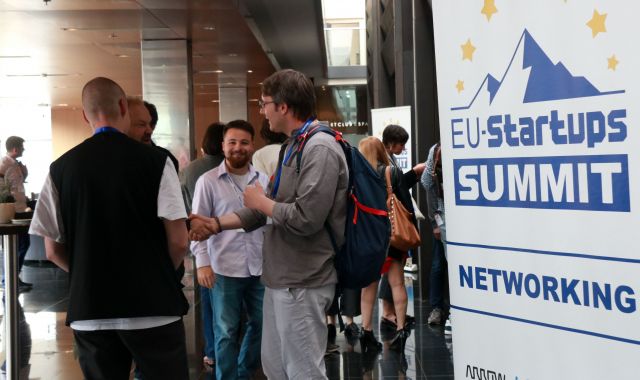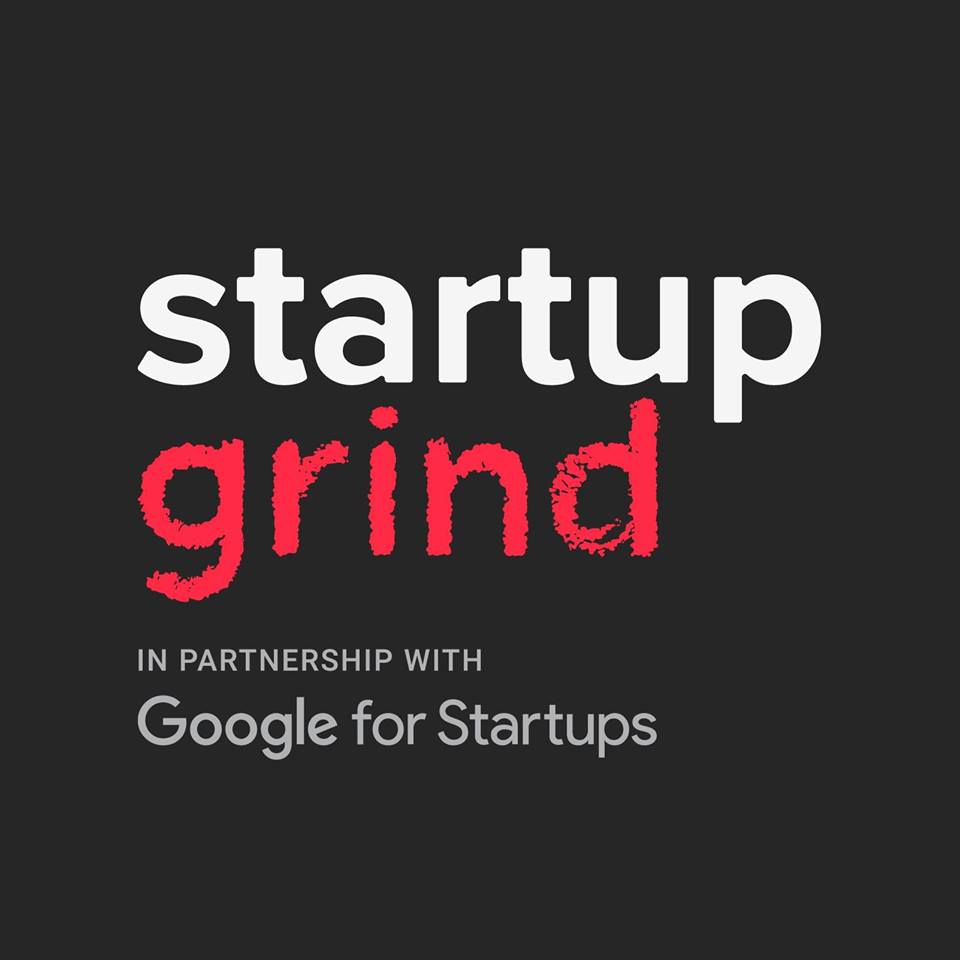
1569845890000
Barcelona, the first best 'tech city' in the world that is not capital
Barcelona attracts 30% digital talent from other cities and is becoming a pole of attraction to invest and come to work. One out of every 10 job offers in the city is linked to technology, a figure that represents 40% more than in 2018. In addition, according to a report from the resonance tourism and economics consultant in the United States, the Catalan capital is the fifth best city in the world to come to work, but also suffers from the lack of demand to occupy all jobs linked to technological talent and, above all, feminine. That is why, under the title Barcelona we raise capital, Catalans Lliures celebrated an afterwork of enterprising women on the terrace of the Eugenia Rosselló hotel with the CEO of SocialCar and collaborator of this newspaper, Mar Alarcón, Strategy & Economics of PwC, Anna Merino, the economist, tax adviser and responsible for the tax area of consultant Ubach Munné, Anna Rossell, and with the collaboration of VIA Empresa."We are the first city on the list that is not a capital" and that "has a lot of merit because behind ours there is Madrid." With these words, Rossell emphasized the importance of the city of Barcelona in the top 10 of the best cities in the world and, in fact, the only one in Spain that appears in it. "We have no capital effect," he continued. Before that, Alarcón adds one more point to the question: "The handicap of not being a capital is that we do not have the fiscal competences for everything". Precisely in this sense, the CEO of SocialCar considers that "it should be made more open regulation because it can not be that for every new thing that comes out, there are problems." If there is no regulation, and the lack of local financing is added to it, "the underground economy grows," Merino maintains on his side.Now, Barcelona goes ahead and continues to grow. "In spite of the regulation, we find an ecosystem that grows" because "the character of the entrepreneur here has many strengths," Alarcón emphasizes, while reminding that "when an entrepreneur embarks on a city, then returns its fruits ".Find the recipe with human capitalGiven that, and considering that regulating all this is not a quick job for the administrations, Merino is clear and believes that "the only solution to change all this happens through a collective agreement as a society." But the role of the administrations is important and, according to the representative of PwC, "it would be necessary for the administrations to start planning roadmaps to combat all these threats and see how we want to be the city of the future."And this includes working with the look set in the long-term future and not just short. The price of housing and the overcapacity of cities, for example, "are social issues that must be debated" in this regard. In addition, and as Rossell points out, "we also lack realism and a critical sense" because "we should demand a lot more for our rights."Meanwhile, Rossell regrets that "those who rule, have very few incentives for change and protectionist tendencies are very sophisticated: tariffs are no longer fashionable, but regulation," he says. The ingredients are there. You just need to know how to combine them and not leave them in the fridge in order to be able to move towards the future at the same pace as society and technology do, while encouraging girls' talent and guiding them in this direction towards the future. And, as Alarcón says, "we have a large number of entrepreneurs committed to returning their talent to Barcelona. Our human capital and character are a great asset." And that must be exploited and strengthened.

1559131242000
WORLD BEST TECH CITIES
"Innovation distinguishes the leaders of the followers". Steve Jobs was clear that being the first of the class "has nothing to do with how many dollars in R & D you have", but The Catalan capital enters the top 30 of the best tech cities in the world in the ranking developed by the real estate consultant, but it does so in the 21st position. There is still room to improve, If we want a successful city, we have to solve the process of accessing housing. And not only that. There are still bureaucratic masses, the salaries of programmers are low to compete with cities like Berlin or Amsterdam and there are spaces for entrepreneurs, especially in the center of the city In fact, Barcelona is the only city in Spain that enters the ranking and, of the 30 cities studied, 10 are Asian, six of which are Chinese. Only three positions below Barcelona, there is Shenzhen, the city where Huawei products are manufactured. A city that is on the agenda, after Google vetoed the Chinese brand and this means that its smartphones are no longer compatible with the Android operating system. If Shenzhen enters the ranking it is precisely thanks to the appearance of this company in 1988. The objective was, according to former Chinese president Deng Xiaoping "turn it into a city of the future”. However, the highest technology city is New York. According to Savills Aguirre Newman, it is, above all, because of its business environment and the technological environment, which are the points where it gets the most score. Access to and from talent in the business world triumphs in the city of skyscrapers. In addition, it also stands out for the strong presence of financial, media and advertising businesses and the large number of startups that are hosted there. Meanwhile, Barcelona still has a way to go, although it has advanced a lot in the innovation race. The research director of Savills Aguirre Newman, Paul Tostevin, defends that the main strengths of Barcelona are the quality of life, the business environment or the possibility of to ride a bike or walk the city.

1557146128000
EUROPEAN sTARTUPS INVESTING IN bcn
The pace of capital that flows to European startups does not stop growing in the last decade and entrepreneurs and investors take advantage of the growth of this market to seek new opportunities. Thousands of emerging companies and strong investors have met with this intention in the EU-Startups Summit, in the second edition that the summit is held in Barcelona, after being four years in Berlin. The congress has shown that the European European startup market is "sufficiently mature", although it is still far from its main American competitors, Pablo Hernández explained the event's operations director. In this sense, Hernández pointed out that this positive dynamic is explained by normative changes, institutional support and the promotion of entrepreneurship.So, Barcelona has once again welcomed the international meeting of entrepreneurs and investors this Friday at a congress that "is consolidating" in the Catalan capital, Hernández said. Organized by a digital publication on emerging companies, the summit has brought together a European public, of which 70% come from outside the State. The organization has enabled an application to facilitate contact between participants and has assembled experienced entrepreneurs and investors workshops to help emerging EU companies to become more competitive.One of these startups is the ADD group, which is in the process of reinvention of a conventional company that was dedicated to organize events to a specialized robotics and artificial intelligence. "Here we have the opportunity to meet investors, companies that want to collaborate with us, very interesting suppliers, very unknown solutions that can help us to make our robots more powerful," said Robert Mendéndez, company"The vast majority wants to find investors, but there are also service providers that are looking for synergies: everyone looks for their counterpart," Hernández said. In general, the event's operations director has assured that Europe has "good investors and good startups". "The European ecosystem is growing a lot, before it had more regulatory constraints but they have been diluted and education in entrepreneurship is fostering a lot in Europe," he explained.All these factors have allowed the growth of the market for emerging companies in the EU, which now has several projects that can reach values of one billion dollars, entering the club of about two hundred startups called unicorns and where there are companies like Uber, AirBnB, Snapchat or Dropbox, Hernández pointed out. "I am convinced that the next unicorn will be European and we hope that it will come from Barcelona," he emphasized, before reminding that Glovo's distribution company closed a 150 million euros financing round this Tuesday.In addition to the possibilities of making contacts and materializing projects, the congress has hosted presentations by successful entrepreneurs. One of these speakers, the founder of Marfeel, Xavi Beumala, said that the European startup ecosystem has evolved a lot in the last 10 years. "It is noted in the capital that flows, now companies have it easier to finance and start," he said. However, he said that "the last stage of life of startups", its sale, is still in a "very late" phase in Europe, because large European companies still do not bet to acquire emerging companies as if What Americans do? "It has to be shown that these acquisitions make sense and that they give one or two cases of success," he said.t

1554726916000
START UP GRIND TECH CONFERENCE 2019
Are you willing to invest in a start up in Catalonia? You have now a great chance to meet some of the most interesting projects going on in our country.On April 9th will take place the second edition of the Startup Grind Barcelona Conference.Meet top investors, entrepreneurs, developers, and journalists from all around the world, this year focused on tech: SaaS, product, hiring developers, architecture, freelancing, remote work, etc.Let's learn from the best companies how they face the technological challenges of the present and the future, regarding hiring developers, offshoring development, implementing blockchain, scaling up their business, and much more.Get your tickets now: https://www.startupgrind.com/events/details/startup-grind-barcelona-presents-startup-grind-tech-conference-2019/#/

1547470020000
BARCELONA, A SMART CITY
The continual spirit of innovation and the desire to apply these advances to the diverse fields has made Barcelona a world leader in architecture, design, the performing arts, food, sport, tourism, scientific research, knowledge and the social environment.Barcelona is the Mobile World Capital, the global benchmark city for innovation and talent in the field of mobile phones, and each year it organises the GSMA Mobile World Congress, which brings together over 70,000 professionals in the sector. The Catalan capital has demonstrated its readiness for innovation with an advanced network of infrastructures, like Wi-Fi in the streets, meaning 500 free access points across all the city's neighbourhoods, a fibre optic network and the development of 4G technology. In addition to this, there is District 22@Barcelona, an important platform that makes Barcelona one of the most dynamic cities in the field of innovation.The city has developed and consolidated a large number of mobile applications to make it easier for residents and visitors alike to access useful information and to make their lives easier. There are around 40 applications with almost a million downloads between them. On an international level, Barcelona is also a pioneering city for open data, and there are currently around 300 data sets on the city. Innovation has also been applied to mobility and transport with initiatives such as the new bus network, which incorporates technological features that provide information to its users.Barcelona also stands out in the field of energy efficiency. It already has a smart street, Avinguda de Josep Tarradellas, which incorporates presence sensors that turn up the light when they detect a pedestrian. In fact, the city has become a test bed, where technology companies such as Cisco Systems, GDF Suez, Schneider Electric, HP, Microsoft, Telefònica and Abertis Telecom try out initiatives like smart traffic lights, traffic control, fibre optics, recycling bin sensors, smart domestic gas and water meters, and LED public lighting. It is also the headquarters of BIT Habitat, a foundation that encourages innovation in new urban services by collaborating with companies.In southern Europe, Barcelona leads the way in adopting Information and Communication Technologies (ICTs), with one of the highest ICT penetration rates in homes and businesses, as well as pioneering the development of e-Government. There are 2,150 ICT-sector businesses in the city, 210 technology and research parks and centres, and 9 internationally recognised science facilities, like the Barcelona Supercomputing Centre.